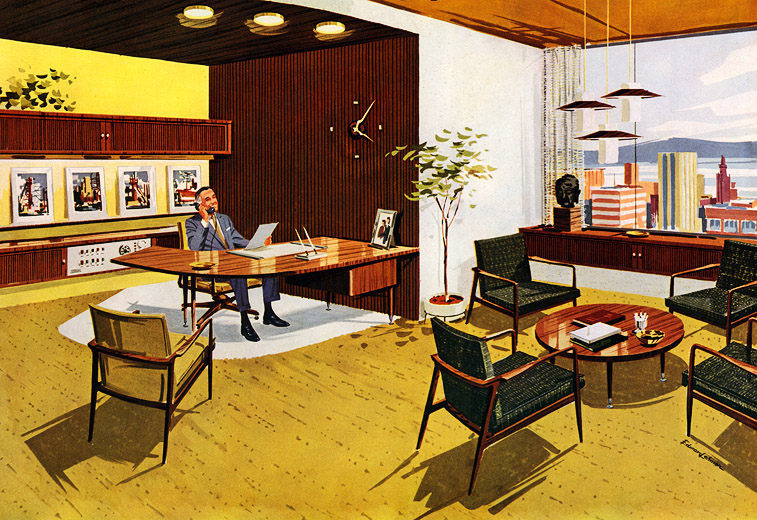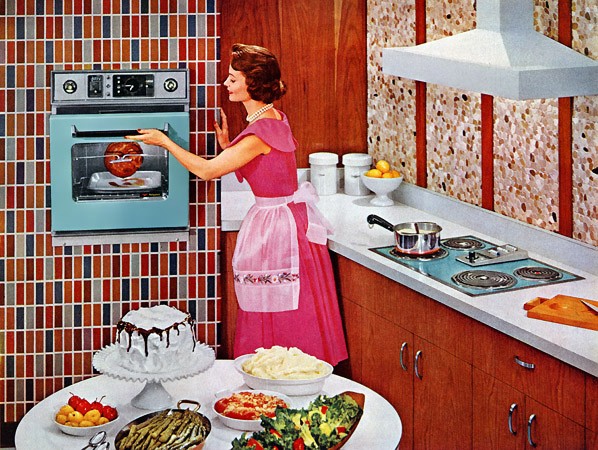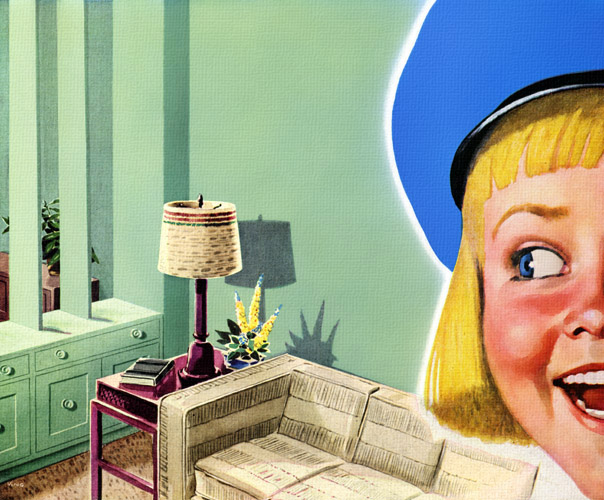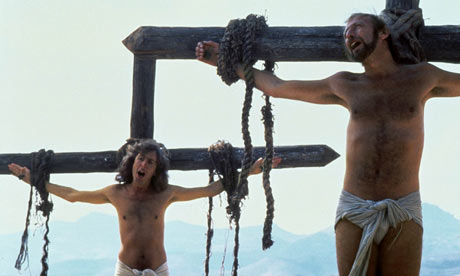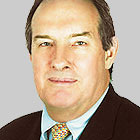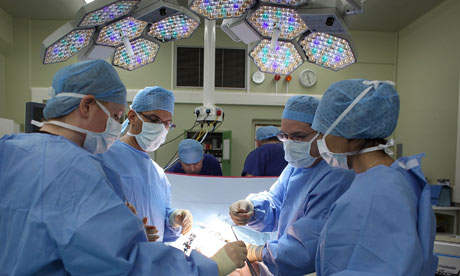 |
| "But you promised a night of Wagner." |
Once again the students are revolting. Within an hour of MPs voting for the increase in tuition fees violence erupted across central London spreading through Whitehall and as far as Oxford Street. Despite being criticised after the November 10 violence at Conservative HQ, the police were once again initially caught off-guard by the 30,000 protesters. Windows were smashed at various government buildings, Churchill's statue was vandalised and Prince Charles the and Duchess of Camila were attacked whilst driving to the Royal Variety Performance.
 |
It is a question that has exercised the minds of philosophers for thousands of years. Socrates concluded that it was never right to defy the state just as a child should not disobey its parents. He also argued that by staying voluntarily in a state you committed to obey the rules of that state. The relationship was contractual. However, he also argued that an individual should have a greater commitment to truth and morality than 'state' laws. In effect, individuals did not simply have a right but a duty to protest against laws that went against these principles, this conflict would ultimately cost him his life.
Liberal philosophers from the 17th Century have made the social contract a central tenet of their work in considering the individual's relationship with the state. Thinkers such as Thomas Hobbes, John Locke and Jean-Jacques Rousseau. What emerged from their work was the idea that the law should be an expression of the 'common-good' and, where that is the case, the individual has a duty to uphold it.
Their conclusions have attracted much criticism. In the USA, Lysander Spooner a 19th century lawyer and staunch supporter of a right of contract between individuals, argued that a supposed social contract cannot be used to justify governmental actions such as taxation, because government will initiate force against anyone who does not wish to enter into such a contract. As a result, he maintains that such an agreement is not voluntary and therefore cannot be considered a legitimate contract at all.
 |
| Thoreau |
In response the American writer, Henry David Thoreau, developed a theory of 'civil disobedience' arguing that justice is superior to the laws enacted by the government. According Thoreau, where a law flouts justice an individual has a duty to disobey the unjust law whilst demonstrating his belief in law by accepting the consequence of disobedience. Thoreau spent time in jail rather than submit to unjust laws upholding slavery and for refusing to pay a tax to pay for a war against Mexico.
The work of John Rawls has emerged out of this debate. He has been called the most influential philosopher of the last 50 years and his work formed the basis for the new South African consitution. In his 1971 book 'A Theory of Justice' Rawls argues that 'Civil disobedience is by its nature an act responding to injustices internal to a given society, appealing to the public's conception of justice.' Civil disobedience can, therefore, be justified if the following three conditions are all met:
- If the injustice is substantial and clear, especially one that obstructs the path to removing other injustices (e.g., poll taxes and other burdens on the right to vote). This certainly includes serious infringements of the principle of liberty and blatant violations of the principle of fair equality of opportunity.
- If the normal appeals to the political majority have already been made in good faith and have failed. Civil disobedience is a last resort. disobedience is by its nature an act responding to injustices internal to a given society, appealing to the public's conception of justice.
- If there are not too many other minority groups with similarly valid claims. The just constitution would be eroded if too many groups exercised the choice of civil disobedience. The resolution of this situation is a political alliance of these multiple minorities to form a working majority coalition.
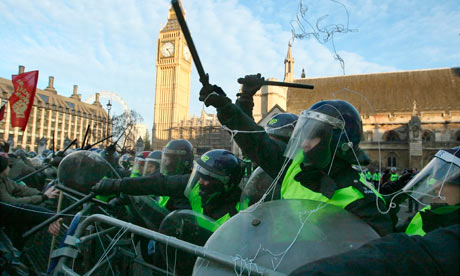 It's an irony of our democratic system that protest is somehow seen as subversive. Professor Brian Martin in 'Philosophy and Social Action' argues that 'protest' is considered suspect because protest reflects action from groups who do not have direct access to the mechanisms of power. He observes that Governments are very good at diffusing opposition through promoting 'acceptable protest': lobbying, letter writing and a controlled public debate through the media. We have seen how ineffective these forms of protest are, remember the anti-war campaign and its peaceful march? He concludes that 'direct action' and confrontation is the only way protest effectively because it circumvents the official but ineffective channels.
It's an irony of our democratic system that protest is somehow seen as subversive. Professor Brian Martin in 'Philosophy and Social Action' argues that 'protest' is considered suspect because protest reflects action from groups who do not have direct access to the mechanisms of power. He observes that Governments are very good at diffusing opposition through promoting 'acceptable protest': lobbying, letter writing and a controlled public debate through the media. We have seen how ineffective these forms of protest are, remember the anti-war campaign and its peaceful march? He concludes that 'direct action' and confrontation is the only way protest effectively because it circumvents the official but ineffective channels.As Woody Allen points out in Annie Hall, sometimes a devastatingly satirical article in 'Dissentry'* is just not enough. *(Commentary and Dissent merged). It is easy to forget that most of the rights that we value today, contrary to British mythology, were won through the bravery of individuals to fight injustice. The threat of widespread civil disobedience was a massive force for change. What was more successful, the anti-war protests or the Poll Tax campaign? Perhaps rioting is not just a right - it is a duty.

